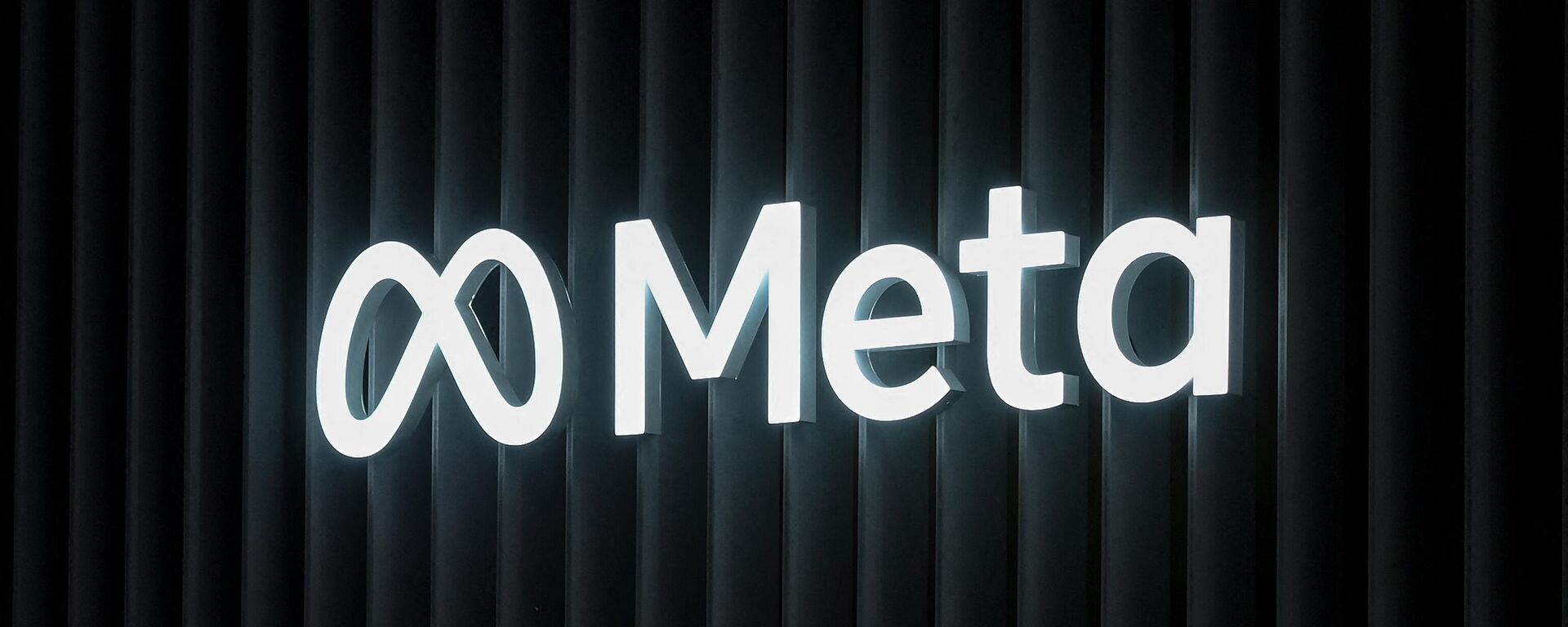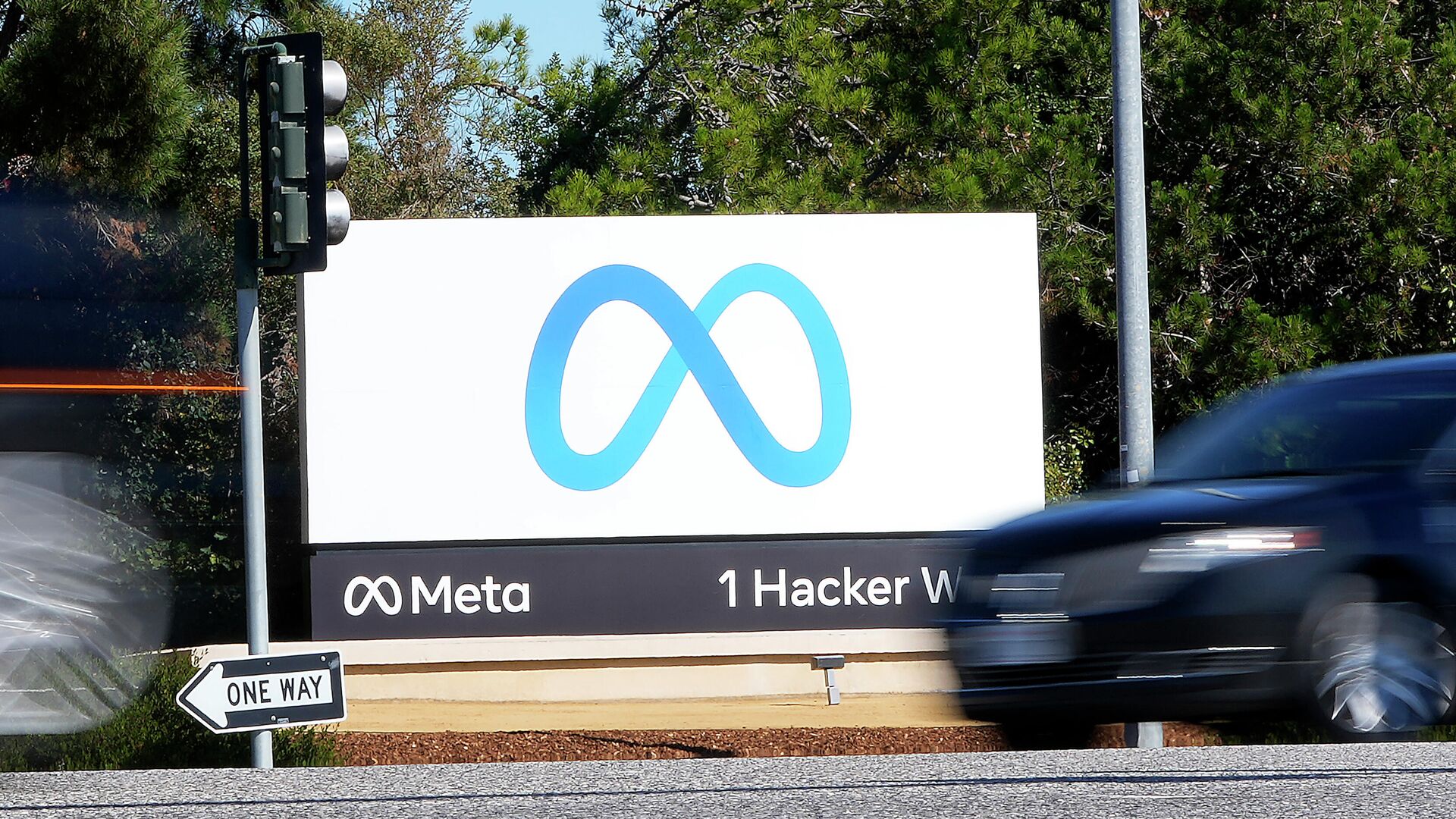https://sputnikglobe.com/20221215/no-guarantees-meta-not-interested-in-combatting-hate-speech-in-africa-experts-say-1105477977.html
'No Guarantees': Meta 'Not Interested' in Combatting Hate Speech in Africa, Experts Say
'No Guarantees': Meta 'Not Interested' in Combatting Hate Speech in Africa, Experts Say
Sputnik International
In an interview with Sputnik, experts and activists deliver comments regarding violence incitement via Facebook and possible ways of solving the problem.
2022-12-15T13:28+0000
2022-12-15T13:28+0000
2024-09-18T09:37+0000
africa
ethiopia
kenya
africa insight
meta
hate speech
social media
facebook
https://cdn1.img.sputnikglobe.com/img/07e6/02/17/1093315118_0:88:3329:1961_1920x0_80_0_0_374c203371efa9cec407276eeb08f09d.jpg
Spreading hate speech and inciting violence via Meta's Facebook platform is part of the "broader problem of profiting from the worst aspects of human behavior," Dr. Binoy Kampmark, a senior lecturer in the School of Global, Urban and Social Studies at RMIT University, Australia, told Sputnik.Facebook, one of the main products by Meta Inc. – whose revenue reached $117.9 billion last year – uses an algorithm that recommends content to users that they are most likely to interact with. This, among other things, can lead to the spread of hateful content, experts have asserted.The corporation has been repeatedly accused of contributing to inciting violence in different parts of the world – including during the attacks on the Rohingya people in Myanmar and, more recently, during the Tigray conflict in Ethiopia.Claimants have pointed out the insufficiency of Meta's moderation policies in African, Latin American, and Middle Eastern countries, many of which are "vulnerable to war, conflict, ethnic cleansing and genocide."The only way to avoid hate speech-connected incidents for Meta is to impose some form of censorship, which the company will not encourage, believes Professor Ellis Cashmore, the author of Screen Society and an independent media analyst. In his opinion, Meta, which is arguably the world's most influential media organization, has been able to rapidly rise to prominence thanks to the "lawlessness" of the internet which is impossible to control.Meta has repeatedly declared that combatting hate speech is a priority. In 2018, it issued a report highlighting the inadequacy of the company's efforts to prevent the use of Meta platforms to "foment division and incite offline violence."After the Ethiopia case, the company stated that it continues to develop "capabilities to catch violating content in the most widely spoken languages in the country," guided by "feedback from local civil society organizations and international institutions."Dr. Kampmark pointed out that although Facebook introduced a content moderation hub for Eastern and Southern Africa in 2019, it does not receive the attention or the resources that the platform receives in the US itself.Meta "deprioritized Africa" in terms of content moderation, noted Ryan Hartwig, Facebook whistleblower, co-author of Behind the Mask of Facebook: A Whistleblower’s Shocking Story of Big Tech Bias and Censorship and one of the Facebook insiders with Project Veritas. However, he argued, the continent would not benefit even if it were in Meta's focus. According to Hartwig, the firm has a universal hate speech policy that is mainly focused on the US and is biased in many aspects – among other things, concerning former President Donald Trump, whose statements are classified as hateful dog whistles by Meta.Meta has been prohibited as an extremist organization in Russia. The legal decision followed the corporation allowing calls for violence against Russians in the context of the Ukraine crisis. Part of such content advocated the death of Belarusian President Alexander Lukashenko and Russian President Vladimir Putin. In April, Russia imposed sanctions on Meta CEO Mark Zuckerberg.Social media campaigns based on disinformation and hate indictments "can affect millions of people," Hartwig stressed. Prof. Cashmore noted, however, that Meta's global influence has taught people critical thinking – which is a positive trend.Speaking about the prospects of the issue, all three experts agreed that there could be no guarantees that the company's platforms wouldn't be deliberately used for hate and violence incitements again in Africa – or any other part of the world.Prof. Cashmore noted that while Meta's "consumers employ the information, think it through, and decide whether or not they believe it (...) there is no guarantee they are all going to arrive at a conclusion that promotes peace, happiness and love in the world."According to Dr. Kampmark, providing guarantees against hate speech would contradict Meta's approach as "surveillance capitalism is based on the assumption that one's behavior can be modified to a mold that is duly monetized, however principled it might be," with the system sometimes benefitting from destructive behavior.*Meta is banned as an extremist organization in Russia.
https://sputnikglobe.com/20221214/meta-sued-for-promoting-hate-speech-in-africa-media-report-1105440147.html
https://sputnikglobe.com/20220311/from-antipathy-to-calls-for-death-how-meta-greenlighted-hate-speech-against-russian-soldiers-1093788273.html
africa
ethiopia
kenya
Sputnik International
feedback@sputniknews.com
+74956456601
MIA „Rossiya Segodnya“
2022
News
en_EN
Sputnik International
feedback@sputniknews.com
+74956456601
MIA „Rossiya Segodnya“
Sputnik International
feedback@sputniknews.com
+74956456601
MIA „Rossiya Segodnya“
facebook hate speech, facebook violence, tigray conflict, tigray war, meta trump, facebook trump, rohingya genocide, myanmar genocide
facebook hate speech, facebook violence, tigray conflict, tigray war, meta trump, facebook trump, rohingya genocide, myanmar genocide
'No Guarantees': Meta 'Not Interested' in Combatting Hate Speech in Africa, Experts Say
13:28 GMT 15.12.2022 (Updated: 09:37 GMT 18.09.2024) The murder of an Ethiopian professor after a series of Facebook posts prompted legal action at Kenya’s High Court against Meta* Platforms Inc. for promoting hate speech and inciting violence against Africans.
Spreading hate speech and inciting violence via Meta's
Facebook platform is part of the "broader problem of profiting from the worst aspects of human behavior,"
Dr. Binoy Kampmark, a senior lecturer in the School of Global, Urban and Social Studies at RMIT University, Australia, told Sputnik.
"Meta/Facebook are not interested in addressing such cases as incitement because the model by which material is shared and disseminated demands algorithmic boosting in order to gain profits. The more notorious and noxious, the more likely the material will receive greater coverage. While moderation of content does take place, the overall business rationale is to still permit such material to be spread on the platforms, even as claims are made about reforms and oversight," Dr. Kampmark noted.
Facebook, one of the main products by
Meta Inc. – whose revenue reached $117.9 billion last year – uses an algorithm that recommends content to users that they are most likely to interact with. This, among other things, can lead to the spread of hateful content, experts have asserted.
The corporation has been repeatedly accused of contributing to inciting violence in different parts of the world – including during the attacks on the
Rohingya people in Myanmar and, more recently, during the Tigray
conflict in Ethiopia.
Claimants have pointed out the insufficiency of Meta's moderation policies in African, Latin American, and Middle Eastern countries, many of which are "vulnerable to war, conflict, ethnic cleansing and genocide."

14 December 2022, 10:43 GMT
The only way to avoid hate speech-connected incidents for Meta is to impose some form of censorship, which
the company will not encourage, believes
Professor Ellis Cashmore, the author of Screen Society and an independent media analyst.
In his opinion, Meta, which is arguably the world's most influential media organization, has been able to rapidly rise to prominence thanks to the "lawlessness" of the internet which is impossible to control.
"The problem is that it has exposed the limitations of the West's fundamental principle of freedom of expression. This is a key concept, but few people have questioned its benefits. Meta has shown that freedom to express hatred, dislike and hostility are not beneficial to any society and it now has to struggle with a balancing act: how to remain unrestricted and allow wide-ranging expressions of belief, but without crushing the freedoms of groups and individuals," Prof. Cashmore underlined.
Meta has repeatedly declared that combatting hate speech is a priority. In 2018, it issued a
report highlighting the inadequacy of the company's efforts to prevent the use of Meta platforms to "foment division and incite offline violence."
After the Ethiopia case, the company stated that it continues to develop "capabilities to catch violating content in the most widely spoken languages in the country," guided by "feedback from local civil society organizations and international institutions."
Dr. Kampmark pointed out that although Facebook introduced a content moderation hub for Eastern and Southern Africa in 2019, it does not receive the attention or the resources that the platform receives in the US itself.
Meta "deprioritized Africa" in terms of content moderation, noted
Ryan Hartwig, Facebook whistleblower, co-author of Behind the Mask of Facebook: A Whistleblower’s Shocking Story of Big Tech Bias and Censorship and one of the Facebook insiders with Project Veritas. However, he argued, the continent would not benefit even if it were in Meta's focus. According to Hartwig, the firm has a universal hate speech policy that is mainly focused on the US and is biased in many aspects – among other things, concerning former
President Donald Trump, whose statements are classified as hateful dog whistles by Meta.
"Is stopping incitement of violence a good thing? Yes. Can content moderation suppress free speech? Yes. So, it’s important to find that balance between free speech and also protecting against real-world violence. In countries in Africa where it's possible, Meta should be banned completely. That’s the easiest solution, because Facebook has a track record of choosing political sides and influencing elections," Hartwig said.
Meta has been
prohibited as an extremist organization in Russia. The legal decision followed the corporation allowing calls for violence against Russians in the context of the Ukraine crisis. Part of such content advocated the death of Belarusian President Alexander Lukashenko and Russian President Vladimir Putin. In April, Russia imposed sanctions on Meta CEO Mark
Zuckerberg.
Social media campaigns based on disinformation and hate indictments "can affect millions of people," Hartwig stressed. Prof. Cashmore noted, however, that Meta's global influence has taught people critical thinking – which is a positive trend.
Eighteen years ago when Facebook launched, no one had ever heard the phrase "fake news." Now, everyone always wonders whether the news they are receiving is genuine or fake. Perhaps this is a good development: as a sociology student in the 1970s, I was always taught to take a critical stance and never just accept the news – always interrogate it. I think this is like trying to get toothpaste back into its tube once you have squeezed it: people question news nowadays and I doubt if anyone or anything can force them back into accepting, for example, the world according to BBC or the New York Times. These are trusted news sources but even they are questioned. Good or bad thing? Consumers make up their own minds.
Speaking about the prospects of the issue, all three experts agreed that there could be no guarantees that the company's platforms wouldn't be deliberately used for hate and violence incitements again in Africa – or any other part of the world.
Prof. Cashmore noted that while Meta's "consumers employ the information, think it through, and decide whether or not they believe it (...) there is no guarantee they are all going to arrive at a conclusion that promotes peace, happiness and love in the world."
According to Dr. Kampmark, providing guarantees against hate speech would contradict Meta's approach as "surveillance capitalism is based on the assumption that one's behavior can be modified to a mold that is duly monetized, however principled it might be," with the system sometimes benefitting from destructive behavior.
"No, there are no guarantees," Hartwig concluded, "They allowed imagery of child abuse because they wanted to show a right-wing senator being attacked, and they even made an exception for child pornography. Meta has no standards."
*Meta is banned as an extremist organization in Russia.




